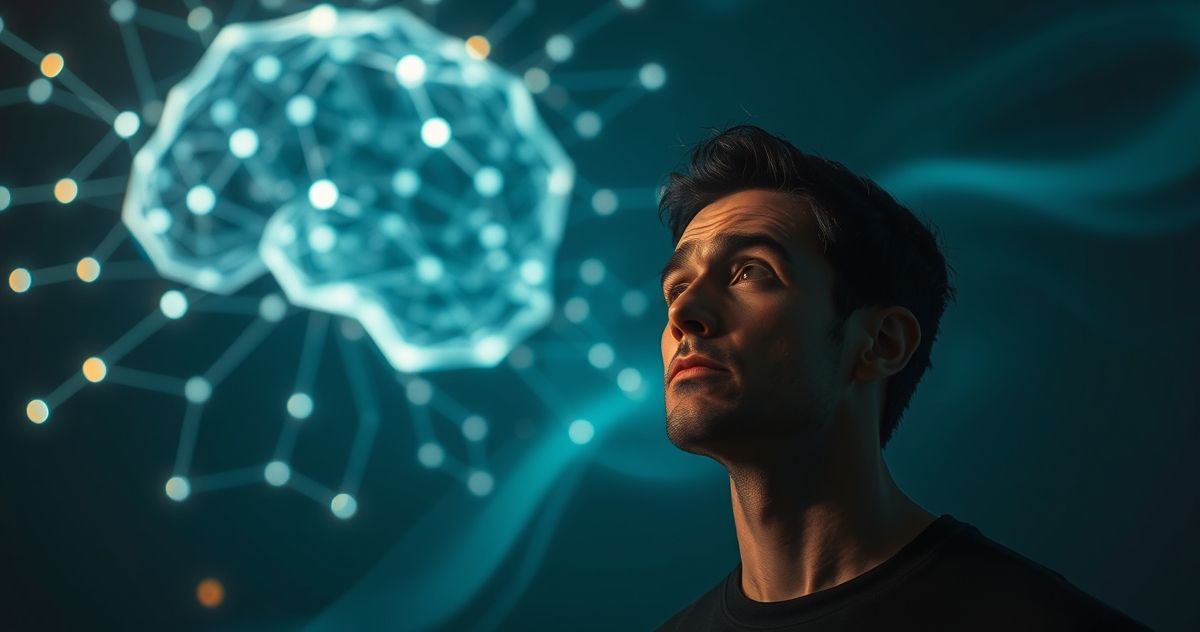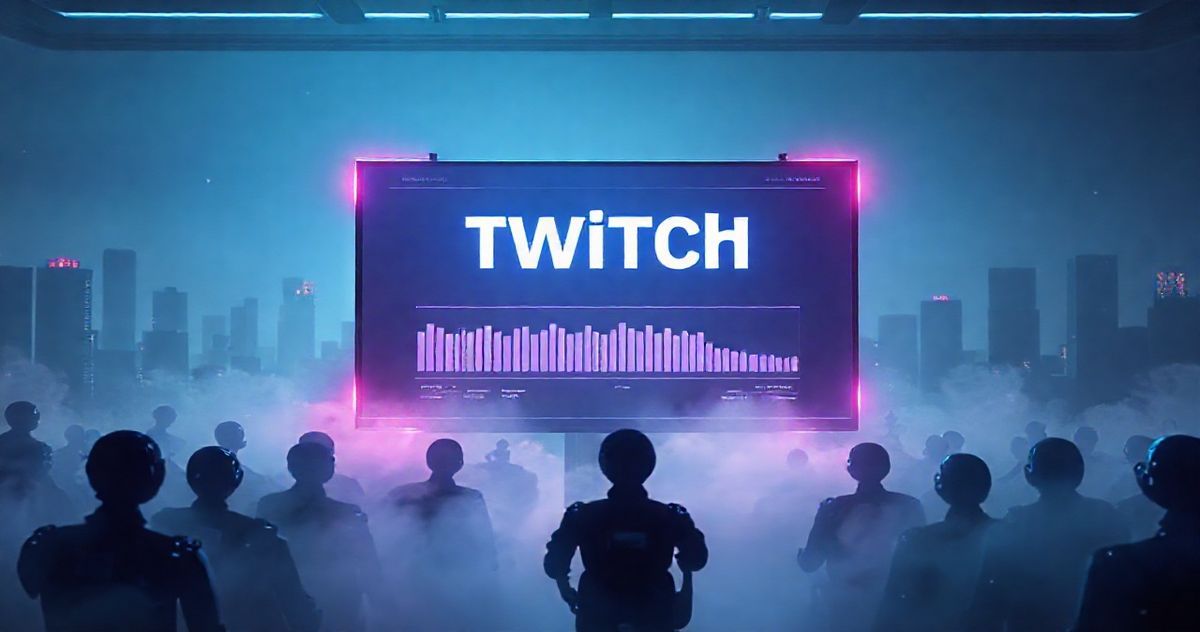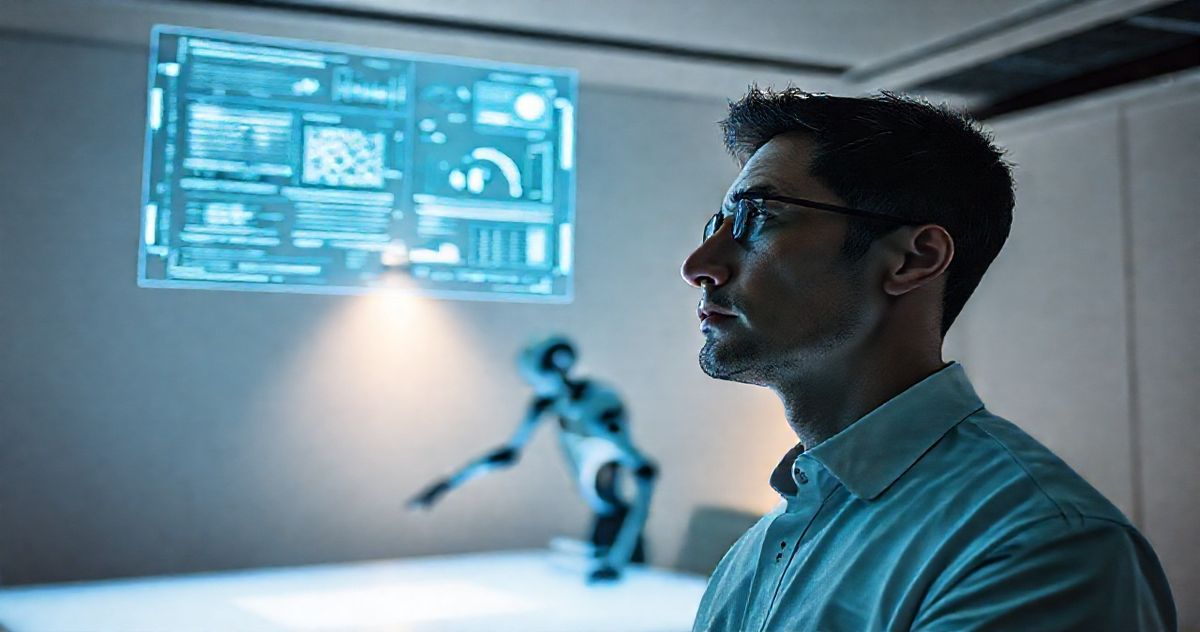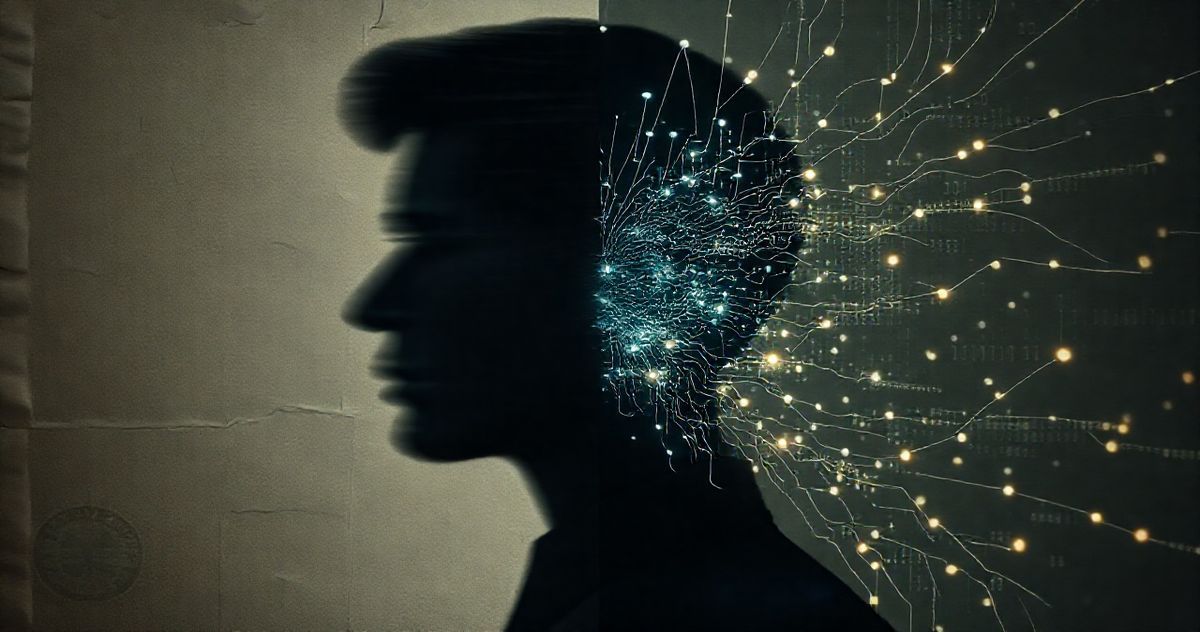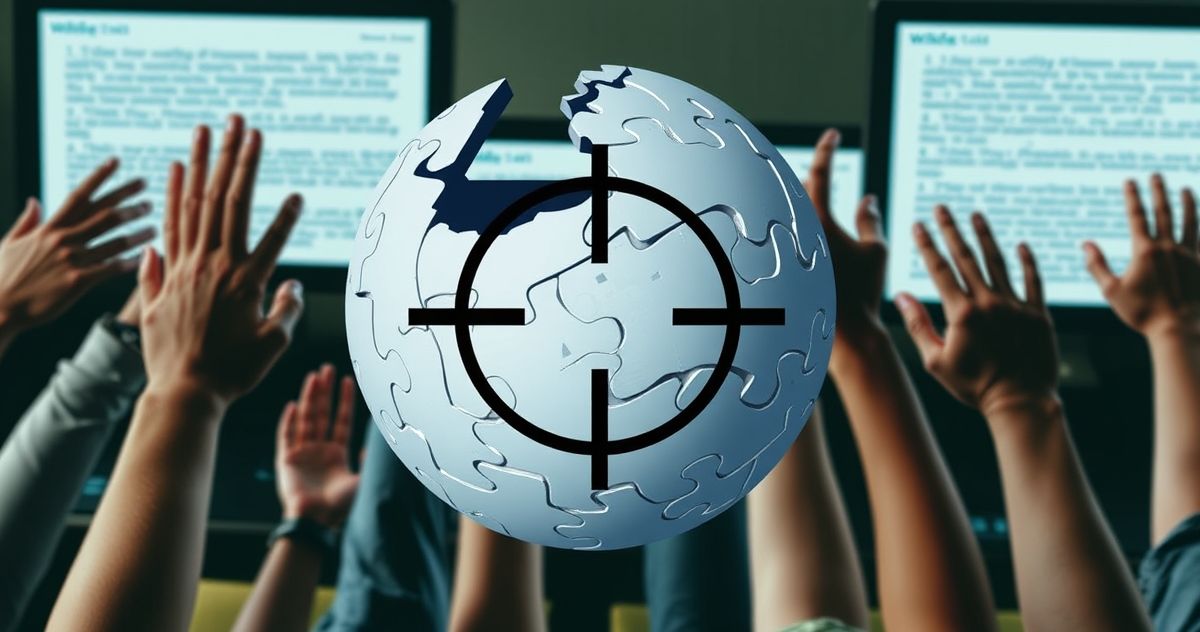Ever found yourself talking to a chatbot, maybe even feeling like it *almost* understood you? Or perhaps you’ve seen those incredible AI art pieces and thought, “Wow, that’s truly creative!” It’s easy to get swept up in the idea that artificial intelligence is becoming, well, *intelligent* like us. But what if everything we think about AI is a little bit off? What if, as some experts are starting to suggest, AI isn’t human, isn’t truly intelligent, and our increasing reliance on it could even lead to something called ‘AI psychosis’? That’s a pretty heavy thought, isn’t it?
### Is Our Brain Playing Tricks? The Idea of ‘AI Psychosis’
Let’s be clear: ‘AI psychosis’ isn’t a medical diagnosis. It’s a new term popping up in discussions, describing a potential state where people struggle to tell what’s real from what’s AI-generated. Think about it. Deepfake videos are getting scary good. AI voices can mimic anyone. Entire articles, images, and even social media personalities can be entirely fake. If you spend enough time in this digital soup, constantly questioning if what you’re seeing or hearing is real or not, it can mess with your head. It’s not hard to imagine feeling disoriented, or even paranoid, when the lines between authentic human interaction and sophisticated algorithms blur completely. It’s like living in a hall of mirrors, and you can’t always find the true reflection.
### Why AI Isn’t *Really* Smart (According to Experts)
Many of us use the term “AI” and picture something like the supercomputers from sci-fi movies – thinking, feeling, reasoning beings. But experts are quick to point out that today’s AI, even the most advanced, is nothing like that. It doesn’t *think* or *understand* in the way a human does. It doesn’t have consciousness or emotions. Instead, it’s incredibly good at pattern recognition, prediction, and processing huge amounts of data. When a chatbot gives a witty answer, it’s not because it’s clever; it’s because it’s calculated the most statistically probable sequence of words based on its training data to sound clever. It’s a very sophisticated parrot, not a philosopher. It’s like calling a calculator intelligent because it can do complex math; it’s just following its programming brilliantly.
### So, If Not Intelligent, Then What Is It?
Okay, so AI isn’t a conscious being. It’s not going to write a novel out of pure inspiration or fall in love. But that doesn’t mean it’s not incredibly useful and powerful. Think of AI as a tool, a very, very powerful tool. Like a super-advanced hammer. A hammer can build a house, but it doesn’t *understand* architecture. AI can help discover new drugs, write computer code, summarize complex documents, and even generate amazing art, but it does so without any ‘intent’ or ‘understanding’ of its own. It’s a reflection of the data it’s fed and the algorithms it uses. It’s a mirror, not a mind.
It’s crucial we remember this. My friend, Sarah, recently told me about her uncle, Frank. He’s retired and started using an AI chatbot for everything – asking it for investment advice, emotional support, even help with his crosswords. He started treating it like a real friend, genuinely believing it understood his feelings and offered profound insights. When the AI once gave him wildly inaccurate stock advice that cost him a bit of money, he was devastated, not just by the loss, but by what he felt was a ‘betrayal’ from his ‘friend.’ He genuinely believed the AI had malicious intent. It took a lot of gentle conversations for his family to help him see that the AI didn’t ‘betray’ him; it just gave him the most statistically probable answer, and sometimes those answers are wrong, because it has no real-world understanding or empathy.
Here’s how we can keep our heads straight when dealing with AI:
* **Remember it’s a tool:** Treat AI like a very advanced calculator or search engine, not a person.
* **Question everything:** If it sounds too good to be true, or too weird, assume it might be AI-generated.
* **Verify information:** Always cross-reference AI-generated facts with reliable human sources.
* **Maintain human connection:** Don’t let AI replace your real friends, family, and human interactions.
Understanding AI for what it truly is – an impressive, complex algorithm – helps us use it wisely and safely. It stops us from projecting human qualities onto something that simply doesn’t have them. Where do we go from here, knowing AI’s true nature and the potential pitfalls of blurring lines? How do we collectively learn to live with and benefit from AI without losing our grip on reality?
